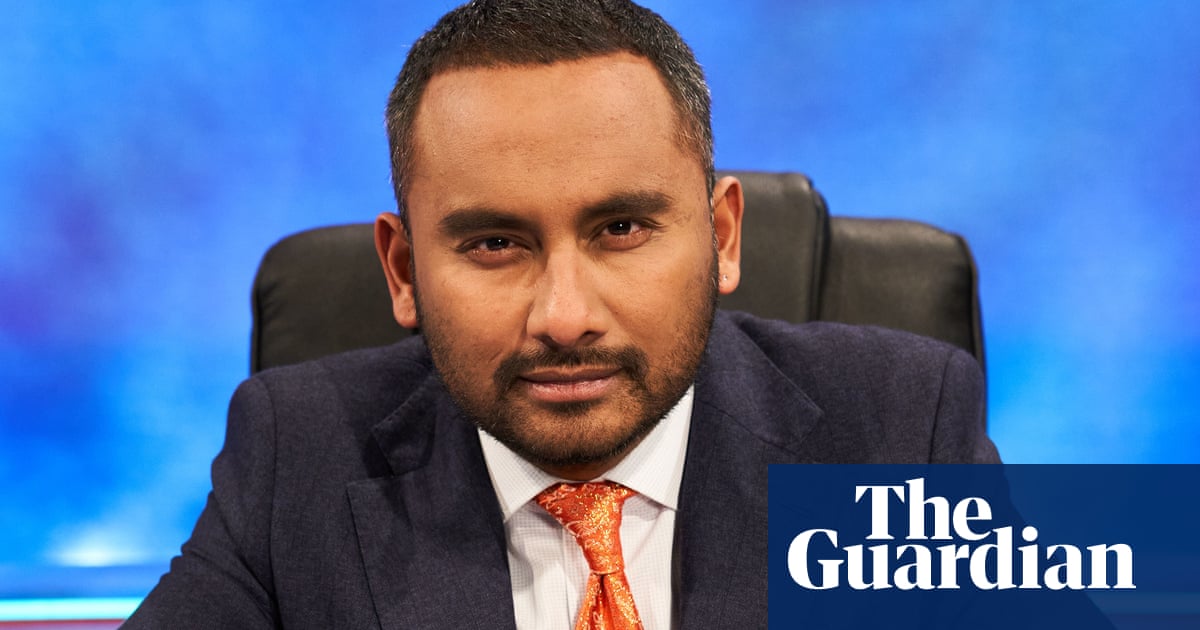
udging by the gender balance, you could be forgiven for thinking that this year’s University Challenge grand final had taken place sometime in the 1970s. There wasn’t a single woman on screen for the entire 30 minutes.
This is not to detract from the achievement of the winners. The triumph of Imperial college in this week’s final was pleasing – it’s always pleasing to see an Oxbridge college brought down a peg or two – and the breadth of knowledge displayed was incredibly impressive. But we cannot be expected to believe that there wasn’t a single female student at Imperial or Corpus Christi who could have added to those teams.
I didn’t do badly playing along at home, answering a number of questions correctly where the contestants on screen did not, and I am very far from being exceptional. Perhaps had a woman been present she would have known the names of the other female winners of the Prix Goncourt – Leïla Slimani and Marguerite Duras – as well as that of Simone de Beauvoir.
The gender balance on University Challenge is a longstanding issue that has been highlighted in the past by Mary Beard and Gloria De Piero, among others (the 2014 series was a staggering 84% male, while this year, of 28 teams, only five were equally gender-balanced). It is one which, to the show’s credit, it has tried to address. In 2018 it agreed to more “gender-neutral” questions . Was this behind this final’s round on fashion designers, I wonder? Perhaps the question writers were inspired by the scene in which Bridget Jones, having been baffled by the questions at a Law Society dinner, some of which are in Latin, succeeds in identifying the designers of Princess Diana’s wedding dress.
That pledge was two years ago, and these days the questions don’t seem to be the problem so much as the recruitment process, which is handled by the universities themselves, and which was brilliantly satirised in the form of Benedict Cumberbatch’s anal retentive “floating renaissance man” team captain in the film adaptation of Starter for 10.
I suspect the problem with this is twofold: students are almost certainly not working hard enough to recruit women and make their teams inclusive, but also women themselves may not be as keen to appear on television, for a number of reasons. Earlier this year, former contestant Lucy Clarke wrote in the Observer of the misogynistic abuse she received on social media after appearing on the show. Can anyone really blame women for wanting to swerve comments from dirty old men speculating as to whether a young student many years his junior “sucks like a Dyson”? I know experienced female journalists who avoid appearing on TV for the same reason. To expect women barely out of their teens to put up with this is a big ask.
As Clarke pointed out, quizzing has long been accepted as male. “The teams are selected by the students themselves and I think most of them would jump at the chance to have a girl on the team, but not many apply,” former contestant Sophie, who was part of the 2010 St Andrews team, tells me. “I don’t know why that is. If it’s a confidence thing, then that would be a shame. But I think that the subset of people who love memorising random facts, remembering them under time pressure, and, honestly, showing off about their general knowledge, tends to skew fairly male and I don’t think there’s anything wrong with that.”
There’s that saying, “you can’t be what you can’t see,” and I do wonder if University Challenge’s reputation as a male-dominated show means that many women can’t envisage themselves taking part. “It never occurred to me that I’d get into the team,” says Sophie. “When an email went round mentioning the tryouts, I thought my boyfriend would be good at it. So I said I’d go to the tryouts if he did. And then I got on the team and he didn’t.”
For as long as women continue to face abuse, underestimate themselves or be under the impression that quiz shows are not for them, University Challenge will continue to be male dominated, which is why, for the next series, it should give gender-balanced quotas a try. It would not only reflect the fact that most students in the UK are now female, but it would normalise gender parity and inspire the female contestants of the future, bringing this much-loved show firmly into the 21st century.












